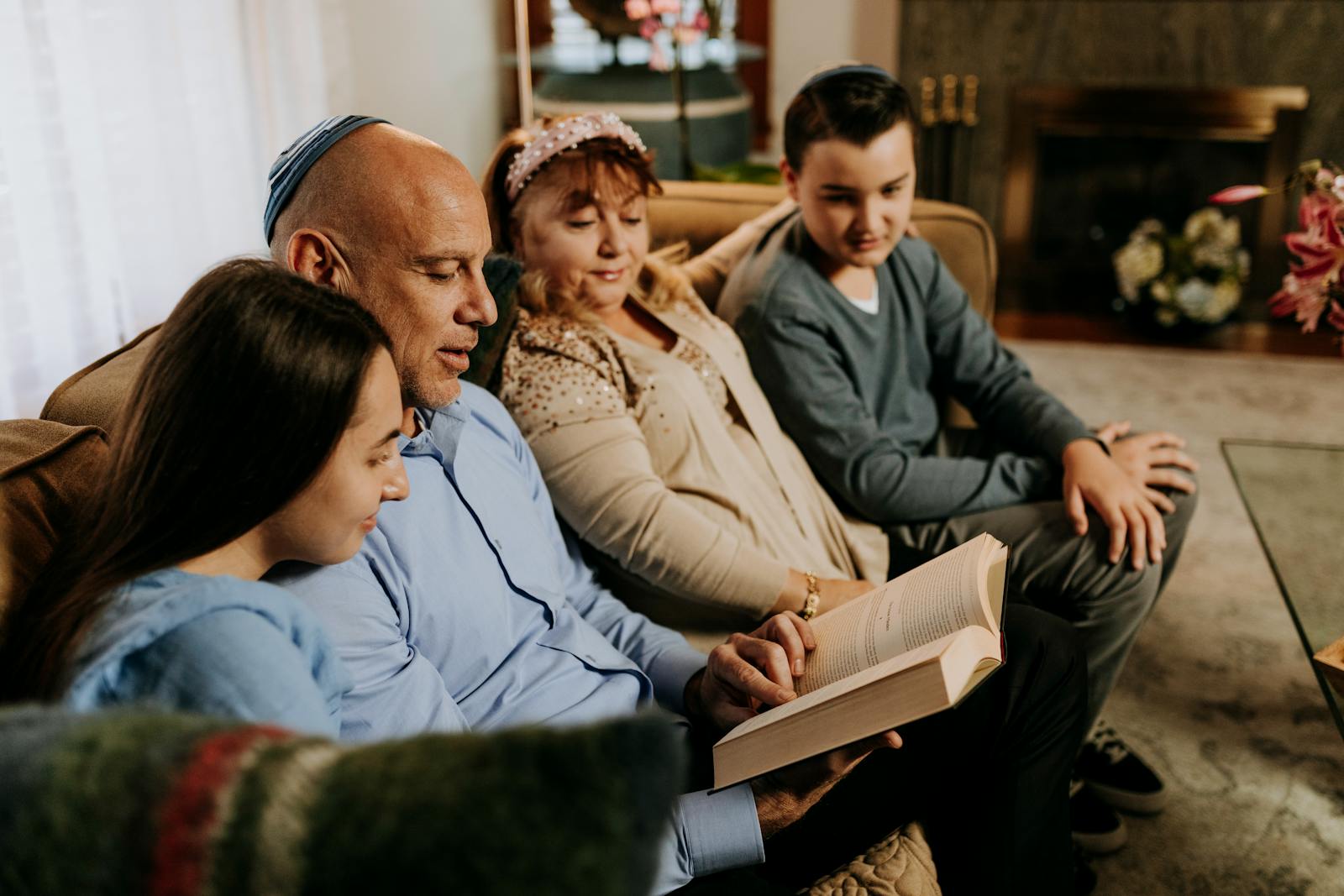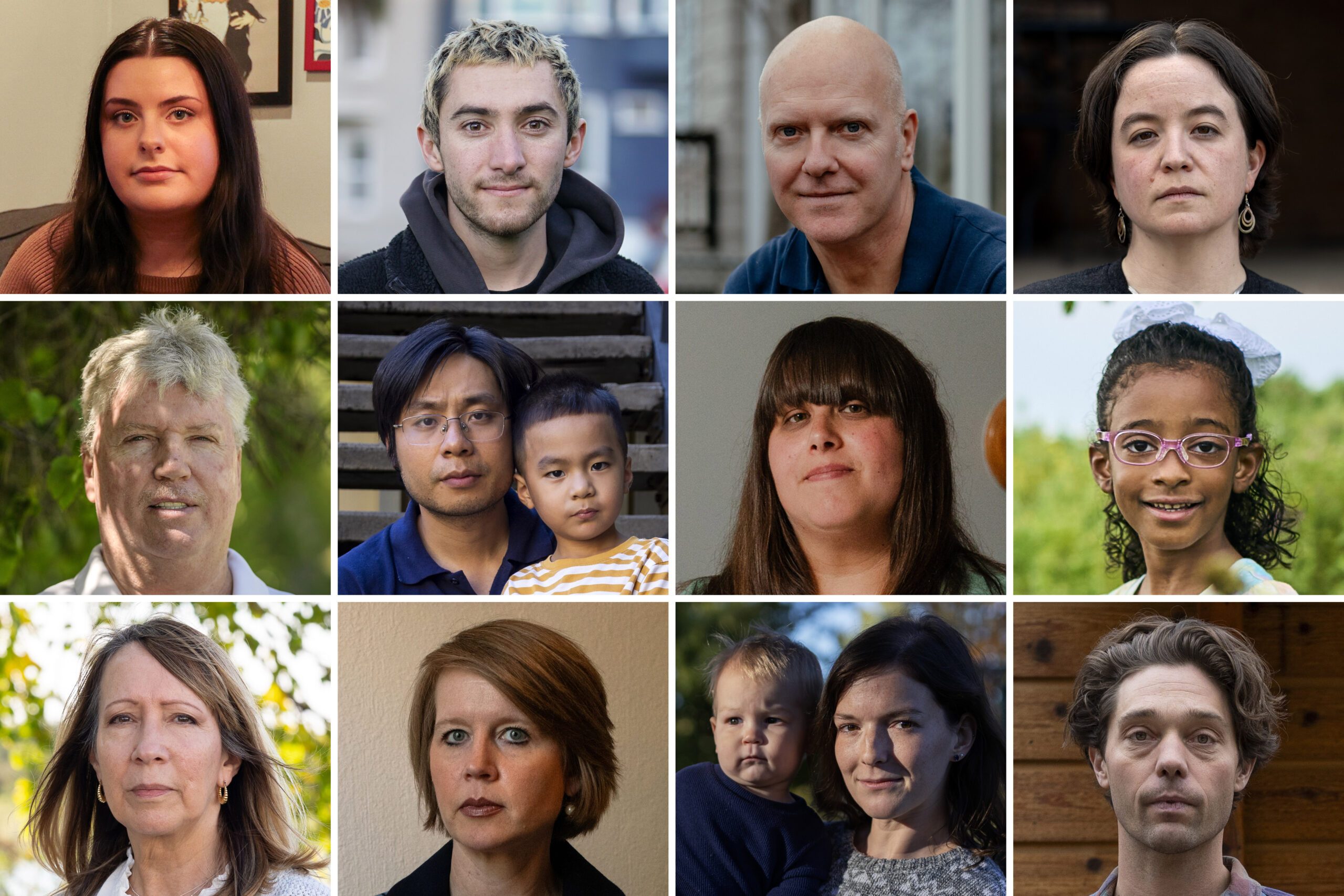Dementia can be caused by a handful of disorders and isn’t a condition in itself; however, it still has its own signs and symptoms that everyone should look out for, especially if they have loved ones reaching an advanced age. This article will cover some of the early indicators of dementia so that you can try to slow down its progression and learn how to prepare and cope with it.
Memory Loss

One of the first defining signs of dementia is a loss of memory, and it can present itself in many different ways, particularly tasks that involve short-term memory. For example, one might repeatedly lose track of where they put their belongings, like their keys, or forget the names of family members and others they are speaking to.
Communication Issues
Staying on the topic of conversations, another standard indicator of dementia involves the way that they communicate with others. For example, individuals might show signs like not retrieving the right words, making poor word substitution choices, and having trouble understanding and staying focused when trying to follow a conversation.
Concentration & Problem-Solving Difficulties
An inability to focus and concentrate is a symptom that can also be applied to many different tasks, and sometimes this can lead to issues completing even the most familiar tasks. Some examples of this can include having a hard time planning their day, handling financial matters, such as paying bills or filing taxes or having difficulties operating household appliances.
Time & Location Recognition Issues
Individuals with dementia can sometimes forget what time it is, not at the hourly level, but even on a larger scale. For instance, they might forget the day of the week or what month they’re in. They can also have trouble understanding where they are and have problems with directions, which relates to spatial memory.
Mood & Personality Changes
People who struggle with Alzheimer’s or other conditions that cause dementia frequently show shifts in their mood, and sometimes they can be pretty drastic. For example, sometimes there can be strong signs of depression, and others might feel more energetic and even sometimes irritable and aggressive when confused.
How To Cope With Dementia
If you have a loved one with dementia, it can be very stressful to realize that their cognitive abilities are declining, and it’s normal to have a lot of different feelings and emotions regarding it.
Although conditions that are associated with dementia are irreversible, there is still plenty that you can do to show your support, spend time with them, and slow down its progression.
For example, you can create an environment that can make locating objects easier and more accessible to them and play games that help with problem-solving and memory retention.
While being there for them can be a way to cope with the reality of the situation, it doesn’t necessarily reduce all of the mental strain that can come with caring for someone with dementia.
If you are currently struggling right now, or you are looking for ways to prepare and learn additional strategies to stay healthy during this time, visit BetterHelp to learn more about dementia and how you can connect to a licensed therapist today.
Conclusion
Although many of these signs of dementia can be considered a part of the aging process, especially forgetfulness, dementia is not normal, and it’s an indicator of a much larger issue. Getting diagnosed will be essential to find the root cause, and getting treatment will be the right course of action. While you can’t reverse it, you can still improve the quality of life of individuals showing signs of dementia, and you can also take care of your mental health at the same time.

Photo Credit: iStock
The post 5 Warning Signs of Dementia in Older Adults appeared first on The Good Men Project.
Original Article










